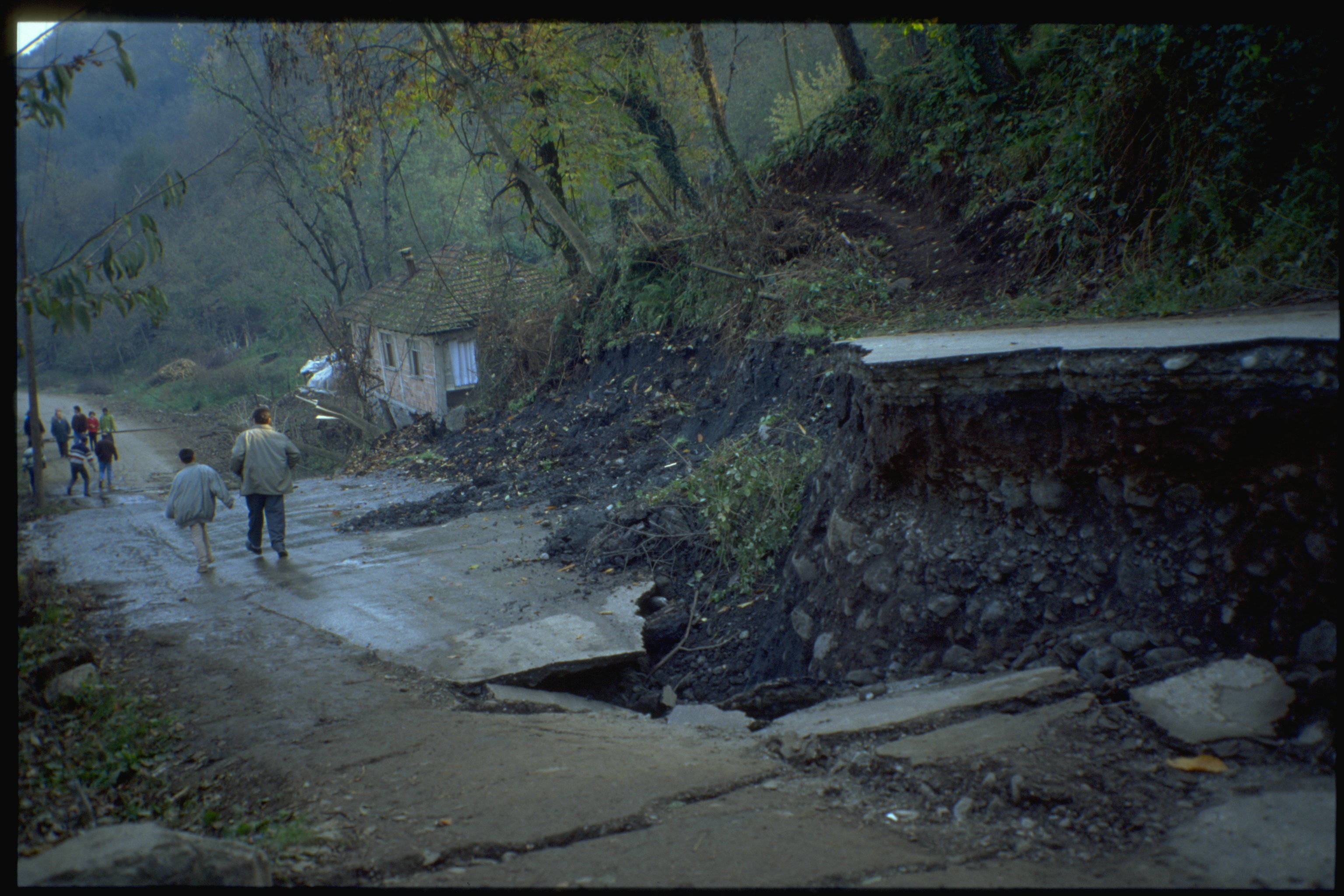All Categories
Featured
Table of Contents
Introducing Geophysical Surveying in Darling Downs Western Australia 2022
This work is significantly contracted out, so consultancies offer another source of employment. Consultancy companies differ in size, from really little companies to big multinationals. Some consultancies are rather specialised in utilizing specific geophysical techniques or operating in specific locations, while others provide a more varied series of services to their clients.
The extraction of gas from landfill websites is another area of employment and this may grow in the future. Expedition business may undertake work for building companies, public utility, mining companies and ecological agencies, so geophysicists might be employed in any of these settings. Other companies include: geological surveysgovernment bodies and agenciesuniversities and research institutes.


Jobs might be listed in the oil and gas sector press. Recruitment is affected by oil rate variations and the level of competition for positions varies depending upon this. Careers Days, which cover the full series of geoscience professions and are generally participated in by a variety of key market employers, are run by The Geological Society.
Recent Advances In Optimized Geophysical Survey Design in Straffon WA 2021
A few of the big oil and gas companies offer a full two-year structured training programme throughout the breadth of geophysics, consisting of the chance to experience operate in different teams prior to specialising in one location. Your training might include deal with: existing wellsmagnetic and gravitational prospective field data analysisresearchrock analysis. It's more typical for your initial training to be supplied on the job.

There may be a probationary duration throughout which you work alongside an experienced coworker. Competency-based appraisals occur regularly in many companies. In smaller companies, and for scholastic posts, there is unlikely to be any official training - you'll be anticipated to start work straightaway and pick up abilities as you go along.
If you work for a smaller business, you may find that you need to take responsibility for organizing and moneying your own development and training. If you have a geology degree, subscription of The Geological Society can be helpful for networking and for maintaining to date with the market.
Geophysical Survey Permit Program in Balga Australia 2021
You may also discover it beneficial to join the PESGB (The Petroleum Exploration Society of Great Britain, which has a geophysics unique interest group. After a probationary period, and when you've gained some experience, you might progress to senior geophysicist, then group leader and after that into a senior role in management.
The ease of movement between roles depends upon the business structure. Study at Masters or Ph, D level in a subject associated to geophysics or geosciences might help with your career advancement and development. The employment market within the oil and gas market is extremely depending on cost and this might impact your opportunities for career development.
For knowledgeable geophysicists, freelance consultancy offers a good path for profession advancement. As a geophysicist, you're likely to have a number of jobs throughout your working life.
Careers With Geophysics - Ocean And Earth Science ... in Ardross WA 2021
From geophysics, it's possible to focus on seismology (finishing additional training to become a seismic interpreter) or to move into associated locations such as engineering geology or threat prediction.
Deciding what to study in college is a tough choice. Even if you know that your field of interest lies in science, what program of study is best for you?
The very first action to achieving your objective of ending up being a geophysicist is making a degree. Even for entry-level positions in the field of geoscience, you'll require a bachelor's degree (a geophysicist college degree) from a recognized college or university. Some research positions need candidates to hold master's degrees or perhaps Ph.
Geophysical Surveys: Definition & Methods in South Guildford Oz 2022
Doctoral degrees are specifically crucial if you plan to teach at a four-year institution. Geophysicists use physics concepts and techniques to study the gravitational, magnetic, and electrical fields of the earth. This enhances researchers' understanding of both the world's interior core and its surface area. Geophysicists need to have the ability to: evaluate rocks, pictures, and other pieces of information conduct research study both in the field and in laboratories develop maps and charts of their findings compose reports To achieve all this, students need a specialized education for geophysicist careers.
As mentioned above, you'll need a bachelor's degree in geoscience or an associated discipline, such as a physical science or a natural science, to land an entry-level job. Students can likewise prepare by majoring in subjects like: Biology Chemistry Computer science Engineering Mathematics Physics The above geophysicist majors provide a more generalized technique to a single scientific discipline, but most programs require trainees to take one or more geology course.
Table of Contents
Latest Posts
Geophysics, Engineering Geophysics And Applied ... in Carmel Western Australia 2023
Airborne Geophysical Surveys Of The Lower Mississippi ... in Balcatta Oz 2022
Working As A Geophysicist And Oceanographer In Canada in Cannington Australia 2023
More
Latest Posts
Geophysics, Engineering Geophysics And Applied ... in Carmel Western Australia 2023
Airborne Geophysical Surveys Of The Lower Mississippi ... in Balcatta Oz 2022
Working As A Geophysicist And Oceanographer In Canada in Cannington Australia 2023